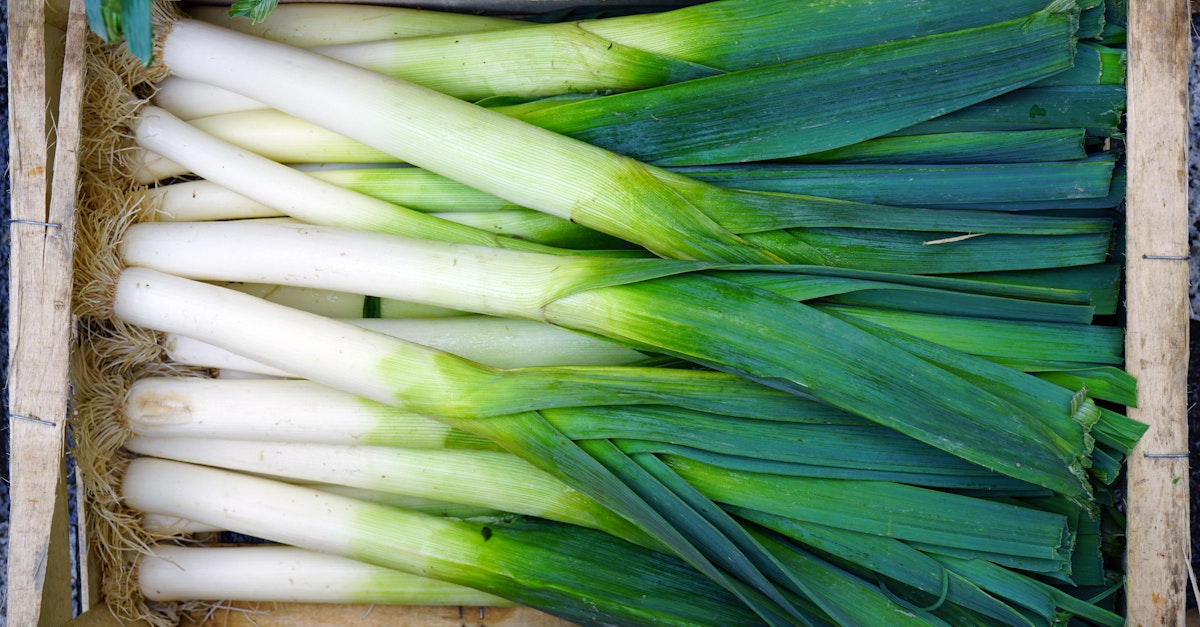16 Great Foods for Prebiotics
Your gut microbiome consists of trillions of bacteria and other microbes that play a crucial role in absorbing nutrients, aiding digestion, and protecting against pathogens. Maintaining a healthy gut microbiome is essential for overall health.
To support the health of your gut microbiome, incorporating prebiotic-rich foods into your diet can be beneficial. Some examples of prebiotic foods include mushrooms, onions, garlic, asparagus, savoy cabbage, cocoa powder, oats, flaxseeds, and leeks. These foods contain various prebiotic compounds that help nourish beneficial gut bacteria and promote gut health.
It's important to note that some prebiotic-rich foods contain FODMAPs, which can trigger symptoms in individuals with irritable bowel syndrome (IBS). If you have IBS, it's advisable to consult a healthcare professional before making significant changes to your diet. Cashews are a nutrient-packed nut that is rich in prebiotic polyphenols, which support "good" gut bacteria. They also provide a good amount of fiber, with 100 grams containing around 3.3 grams. Additionally, cashews contain a variety of other beneficial nutrients, including calcium, iron, magnesium, potassium, zinc, copper, selenium, and vitamins C, B6, B12, D, E, and K.
The impact of various dietary fibers on postprandial blood glucose and insulin responses: A comprehensive review
European Journal of Clinical Nutrition. (2021). Link to article
This systematic review and meta-analysis delves into the effect of oat β-glucan on postprandial blood glucose and insulin responses. The study explores the potential benefits of incorporating oat β-glucan into diets to manage blood sugar levels.
The influence of almond consumption and processing on gastrointestinal health and symptoms: Insights from a controlled trial
The American Journal of Clinical Nutrition. (2022). Link to article
This randomized controlled trial and mastication study investigates how almonds and different processing methods affect gastrointestinal physiology, luminal microbiology, and gastrointestinal symptoms. The findings shed light on the impact of almond consumption on gut health.
Exploring the connection between gut microbiota and inflammation: A comprehensive overview
The International Journal of Environmental Research and Public Health. (2020). Link to article
This review provides an in-depth examination of the relationship between gut microbiota and inflammation. It highlights the role of the microbiome in modulating inflammatory responses and offers insights into potential therapeutic strategies.
Assessing the use of burdock root flour as a prebiotic ingredient in cookies
LWT. (2018). Link to article
This study investigates the potential of burdock root flour as a prebiotic ingredient in cookies. The research explores the impact of incorporating burdock root flour on the nutritional profile and sensory attributes of cookies.
Examining the immunomodulatory effects of yacon-derived fructooligosaccharides in mice
Nutrition Research. (2012). Link to article
This study evaluates the immune-enhancing properties of yacon-derived fructooligosaccharides in mice. The research sheds light on the potential benefits of incorporating yacon-derived fructooligosaccharides into diets to boost immune function.
